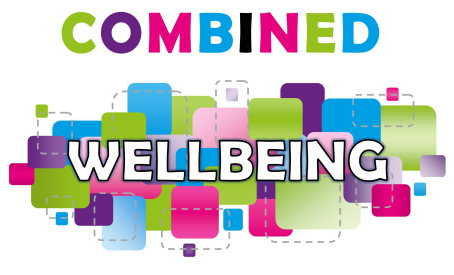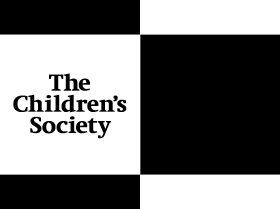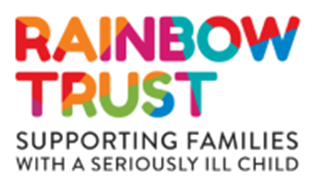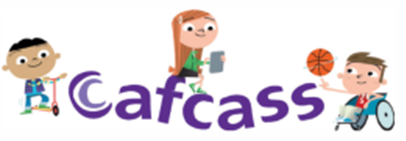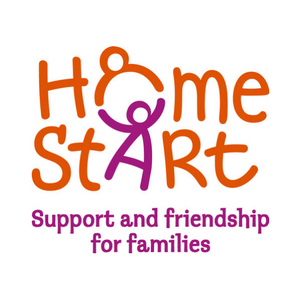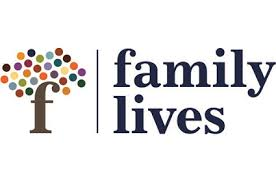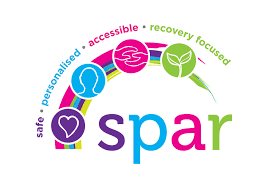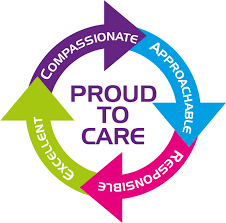Growing up - Key stage 1

Information
When child is growing up you will notice that they go through physical, emotional and psychological changes.
The statements below are things we would expect most children to be able to say about their lives between the ages of 5 and 7.
Select the underlined questions below to see more.
It is important as parents that your children feel loved, supported and you are always there to protect them. Your children will need lots of encouragement and to be praised when they do things well. Always offer support when they need help. Be aware of their emotions and offer reassurance where needed. It is an important part of their development they know that they are loved and feel secure
Children need lots of positive attention from the adults who care for them. If they have brothers and sisters they might get jealous of the attention they get, it’s important to show positive attention to each individual child
Everyone has feelings.
In this age range children are still learning about their feelings and mostly understand basic emotions such as:-
Happy, sad, angry or feeling love for people they care about
They are beginning to understand and recognise when something feels unfair – which can lead to them feeling upset and sometimes angry. They can also recognise other children’s emotions, by how they are acting, and are aware that they have feelings too.
Not everyone of this age knows why they feel the way they do. Some children do not know how to use words to tell other people how they feel.
Important adults in their life are the best people to help them with all of their feelings. They learn best when adults around them talk about their feelings in a safe and calm way. This is known as self-regulation
Children can talk to their teachers; family or someone they trust about their feelings.
At this age children are able to follow simple rules and learn to know right from wrong. They have to learn this repeatedly and sometimes get it wrong intentionally to see what will happen (this is known as consequences) and children will check this out with different people in their lives just to see what will happen. This is why it is important that consequences to certain behaviours are consistent and children learn how to follow simple rules and help their brain to learn and grow. Adults need to be firm and kind with children about rules.
Children do know how to share and take turns; but sometimes they don’t want to. This is all part of their development and this will improve as they get older.
Their attention span is growing and they can begin to play on their own, for short amounts of time. They know what they want to play with at home. Lots of children of this age like TV, tablets and computer games, but they need adults to supervise and help them to agree rules regarding the amount of time spent on them as well as supervising what they can go on
At this age they are learning about:
- Self-control (self-regulation)
- Waiting their turn when in groups and standing in line
- Making their own choices about clothes, food and activities
- Needing to be allowed to make some choices in their life, but giving them too much choice can be to difficult for them to cope with
- Doing small jobs in the home, this can help them to feel good about themselves
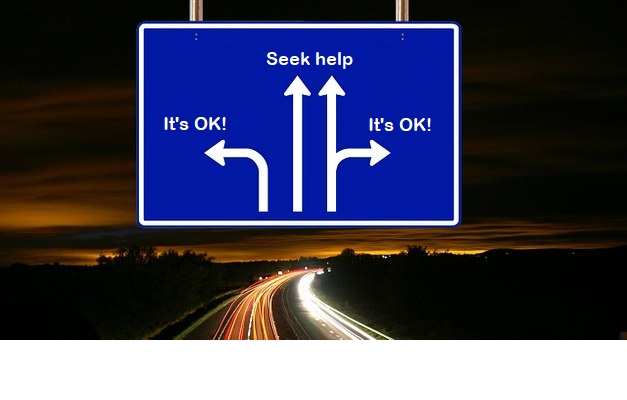
Coping with
If you have any concerns about your child’s development; behaviour or difficulties with their emotions and feelings; you can:
The following buttons are self-help suggestions for both you and young people
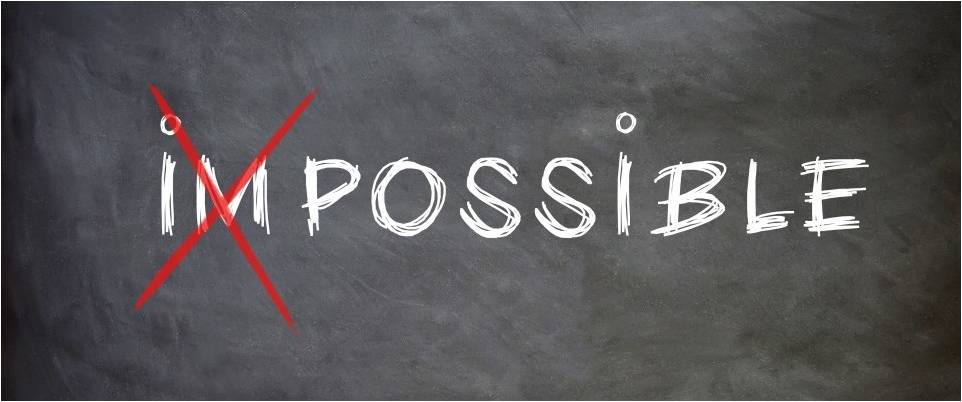
Finding help
Who can you talk to?
- Health visitor
- School nurse
- GP
Select the underlined topics below to view what resources are available.

Getting more help
If concerns continue, discuss the options of asking for a referral to a paediatrician.
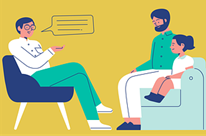
Paediatricians are doctors who provide medical care and advice for babies, children and teenagers. Their role could involve anything from administering immunisations and carrying out routine health checks, to diagnosing and treating a range of injuries and illnesses.
